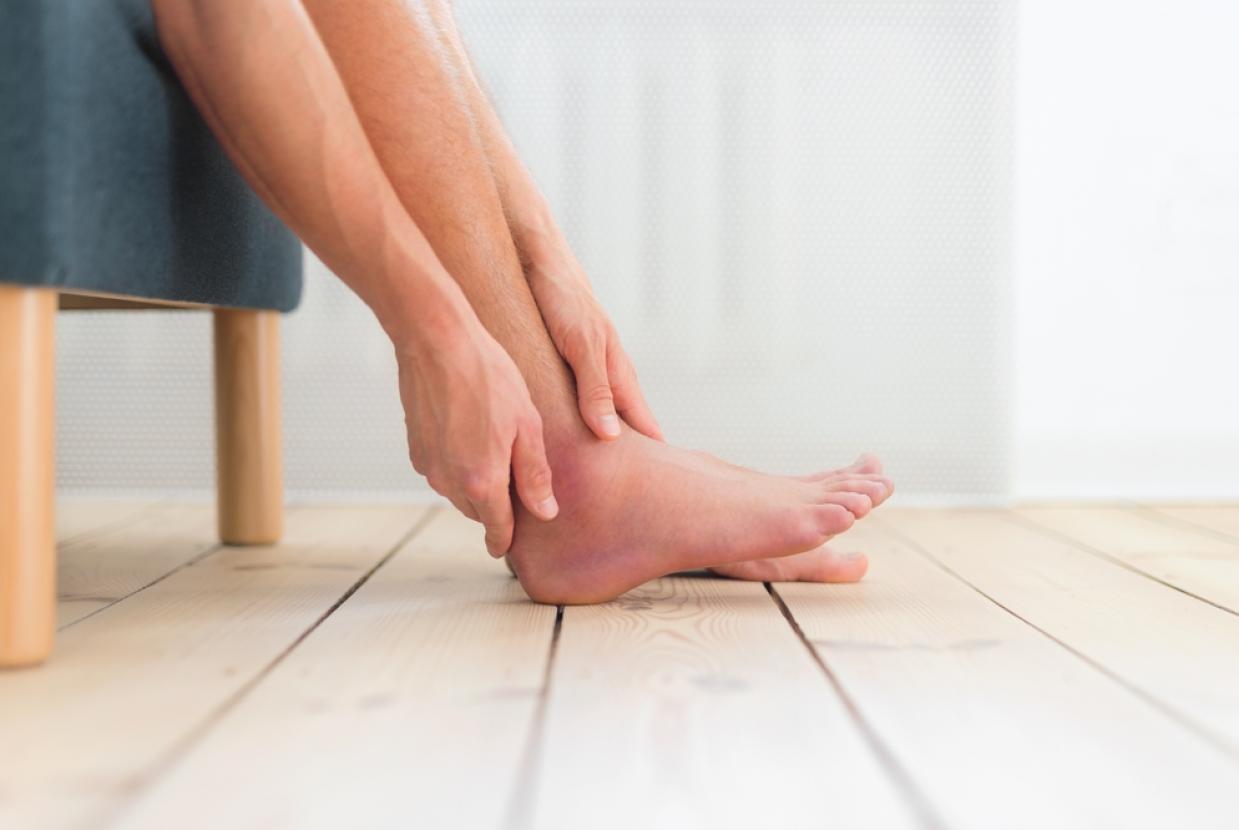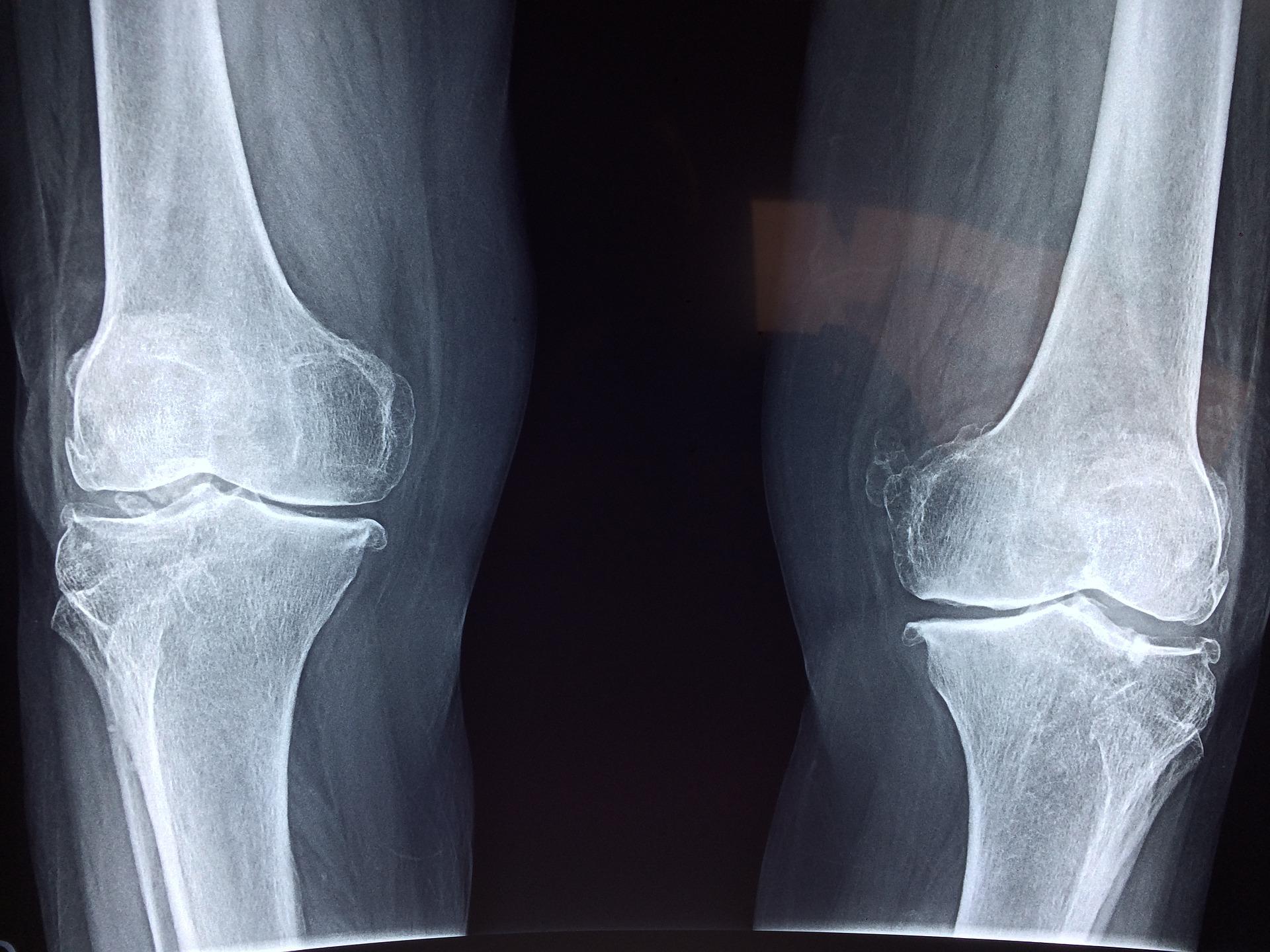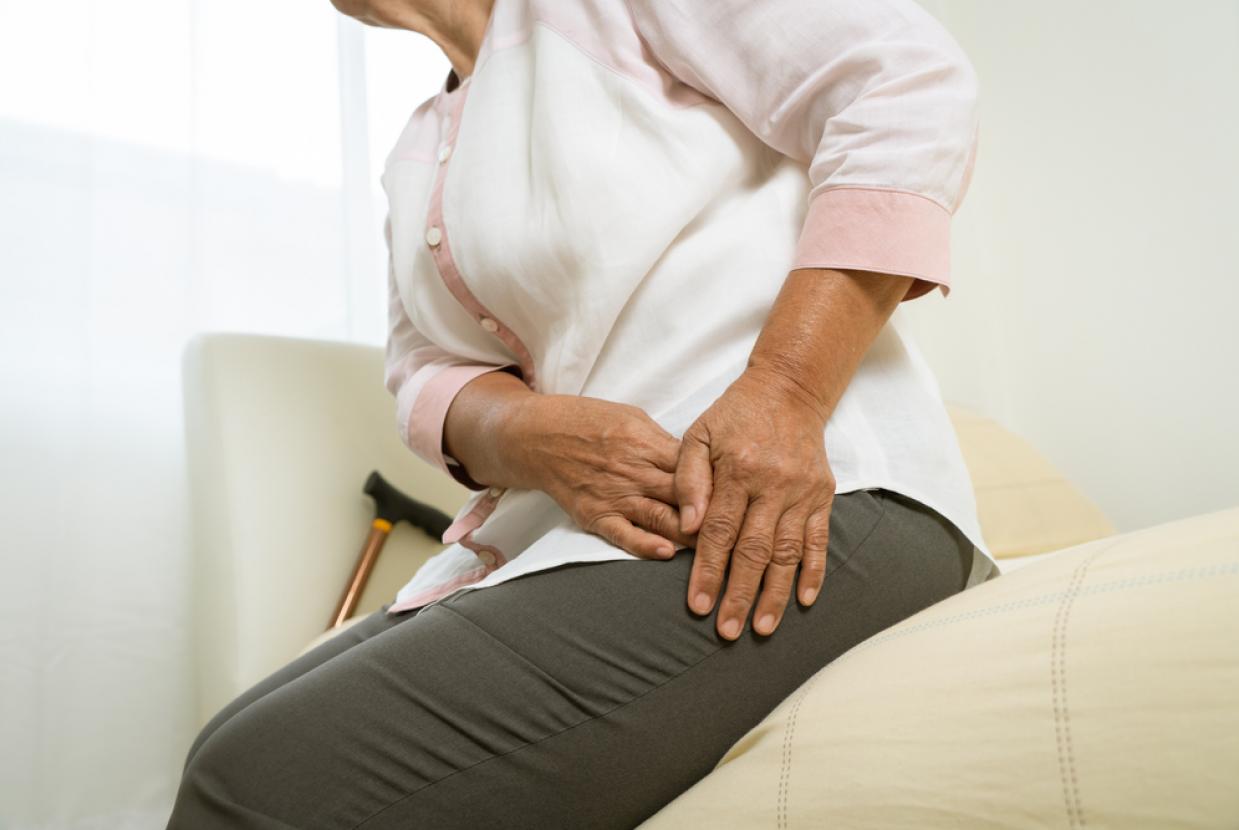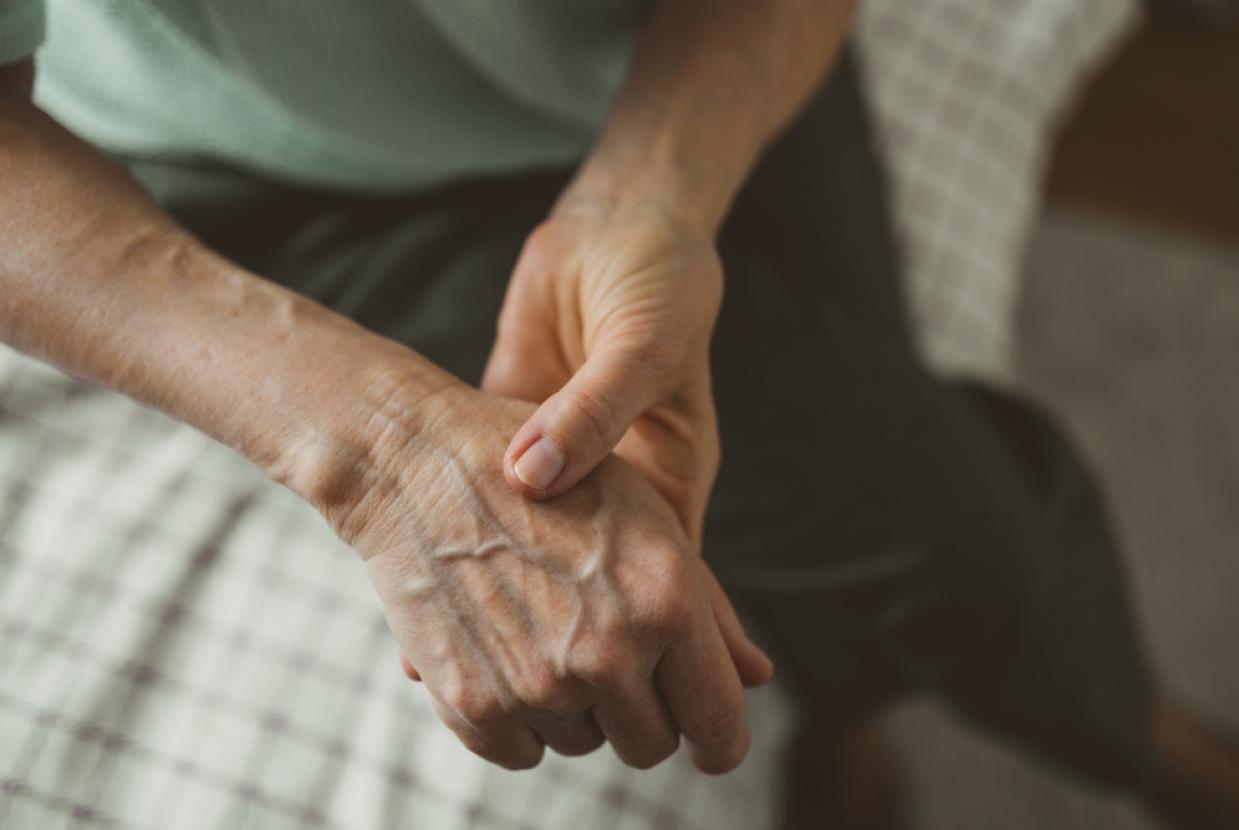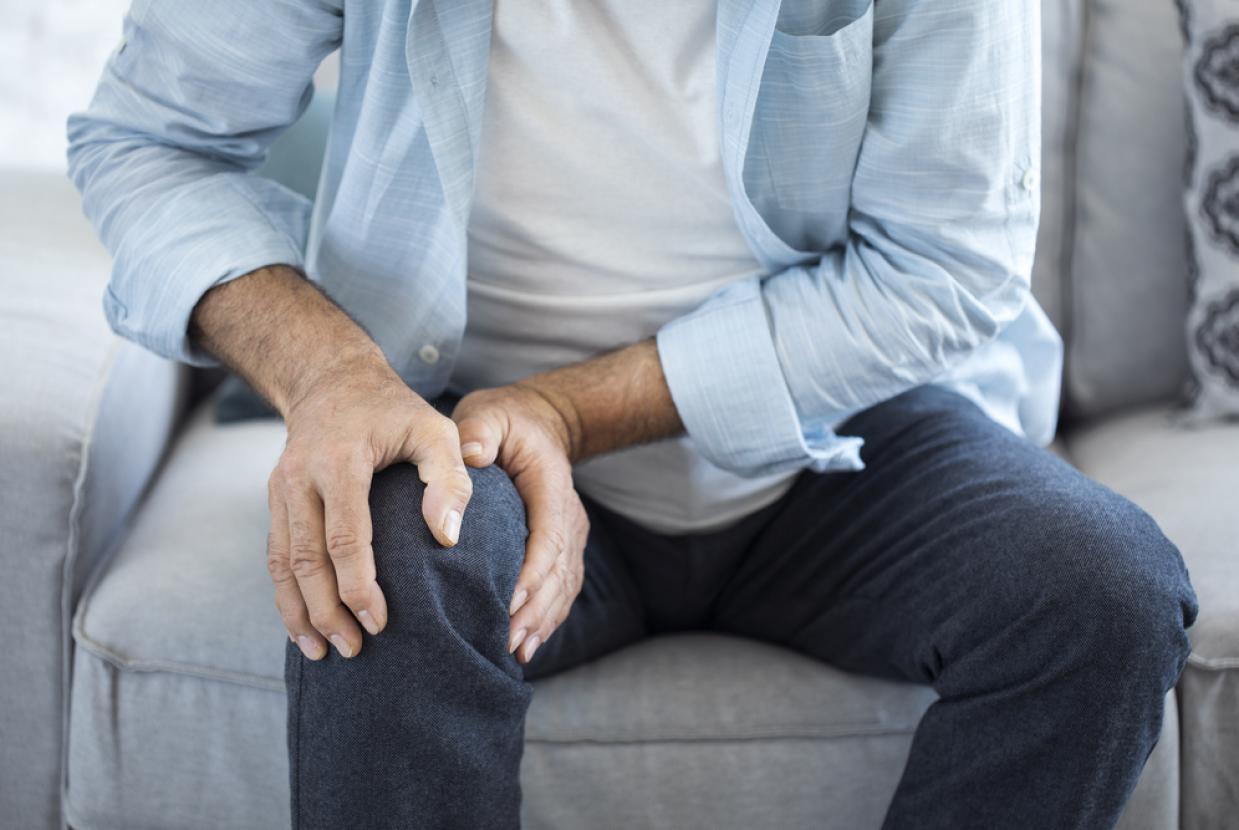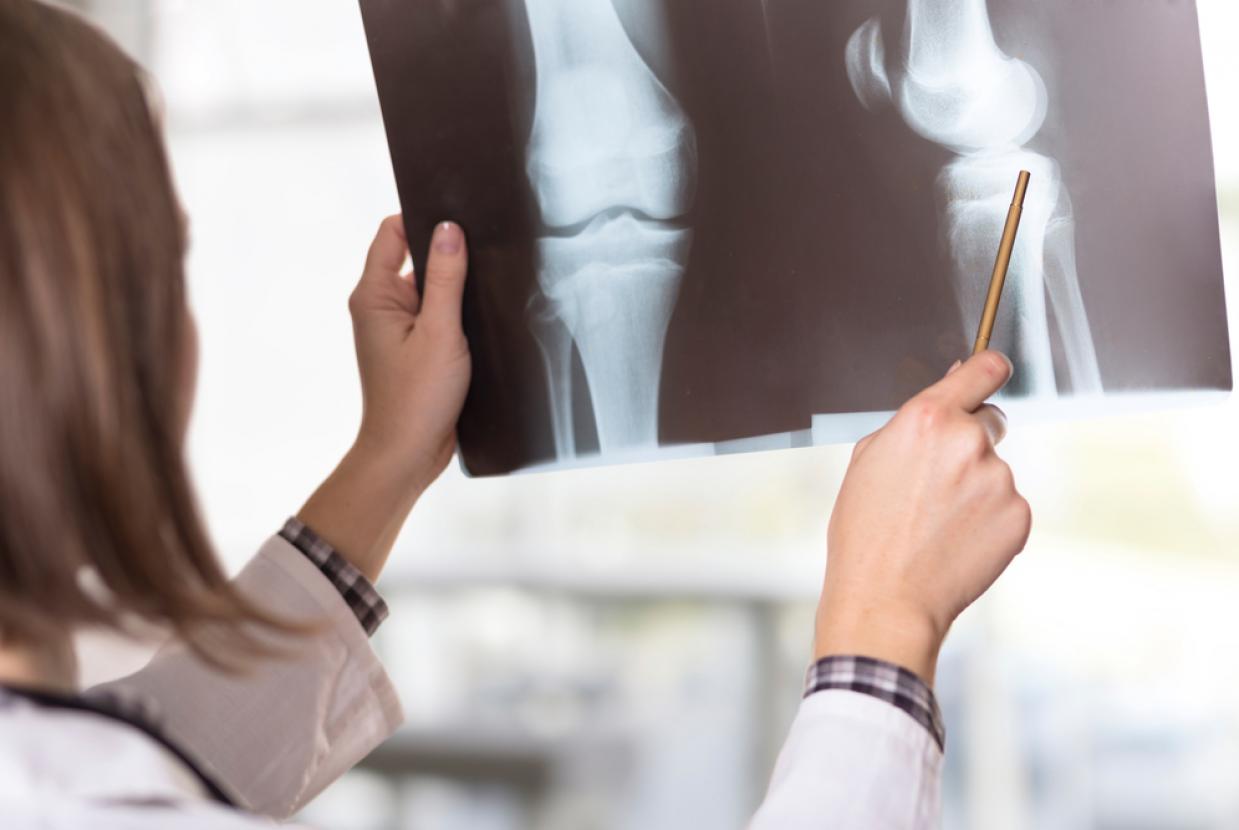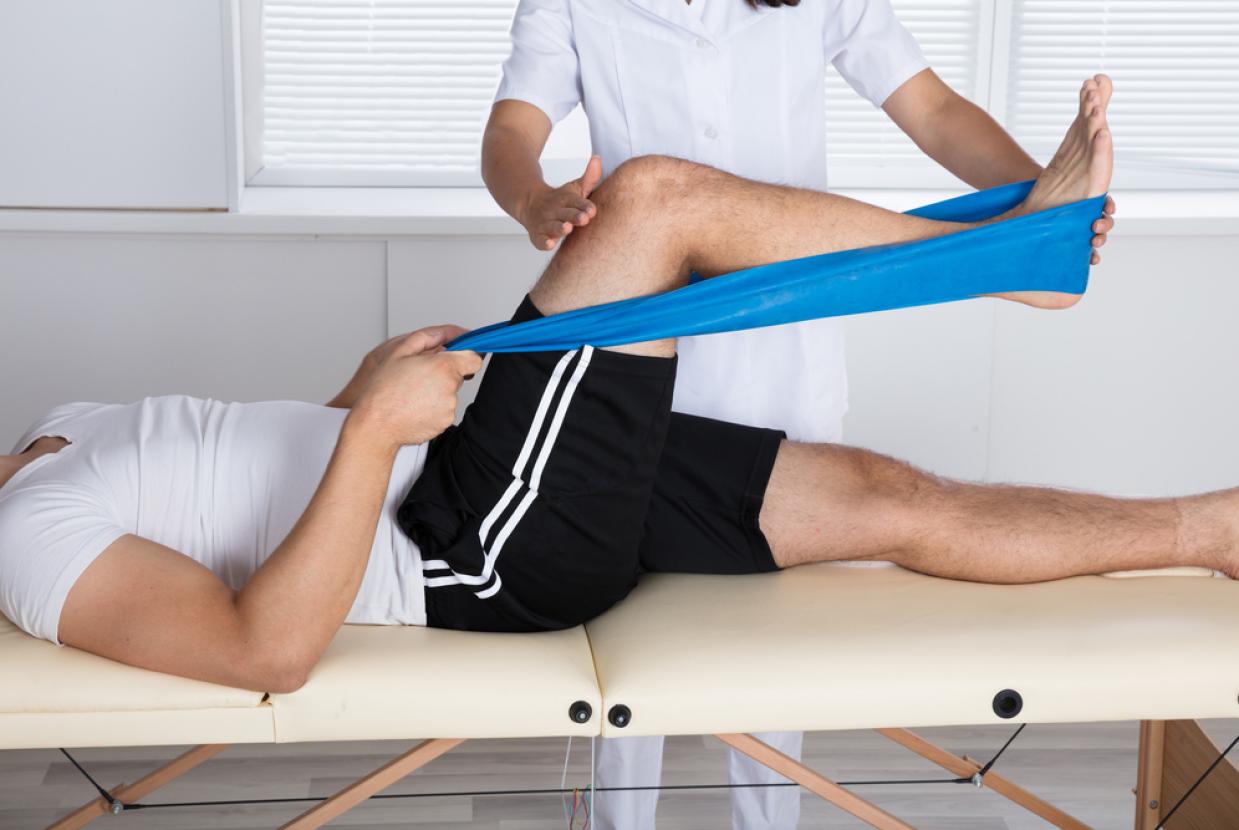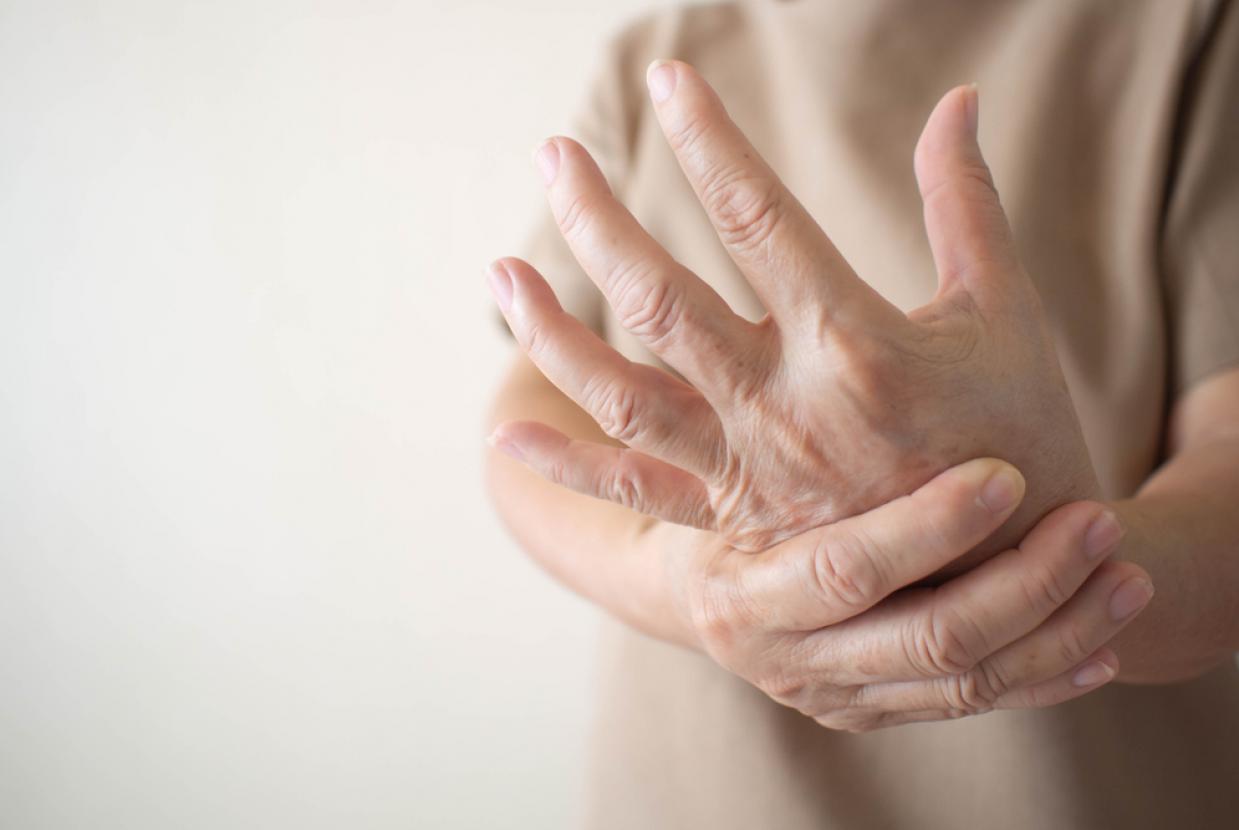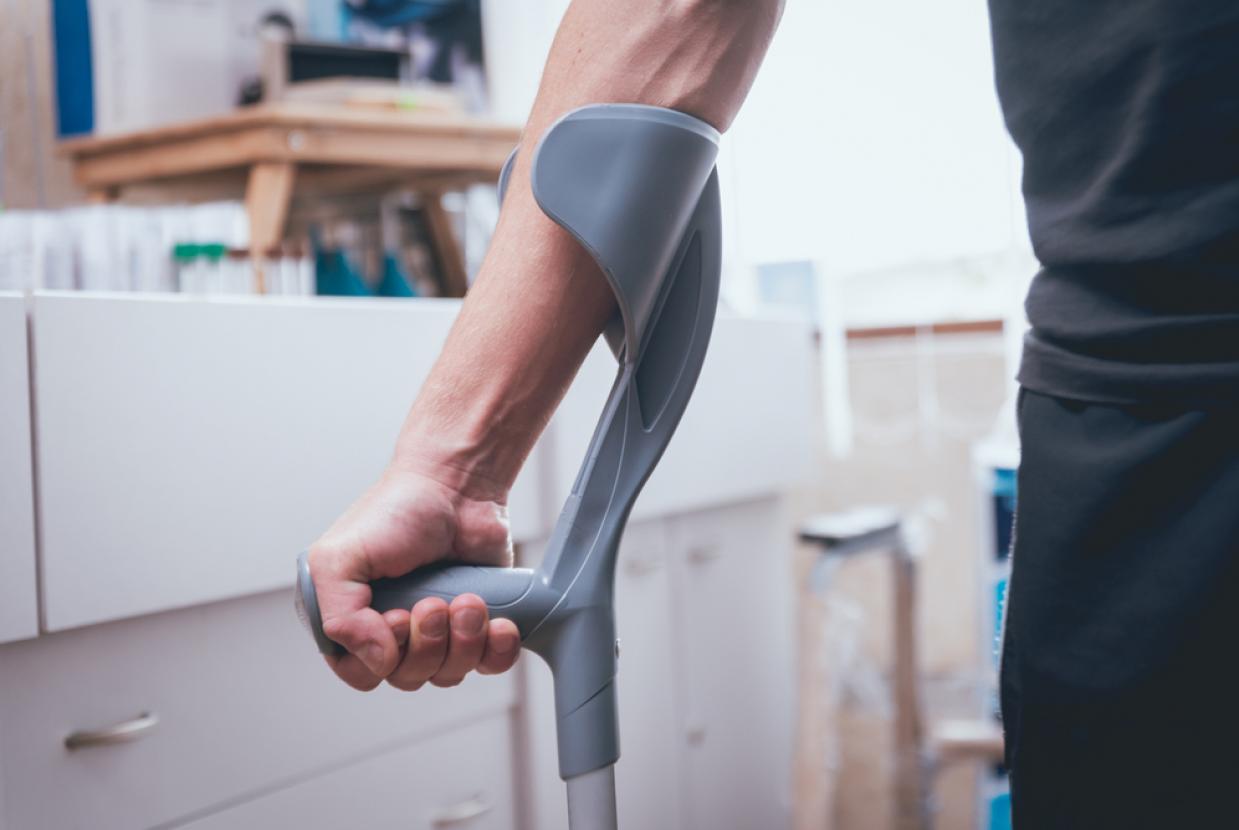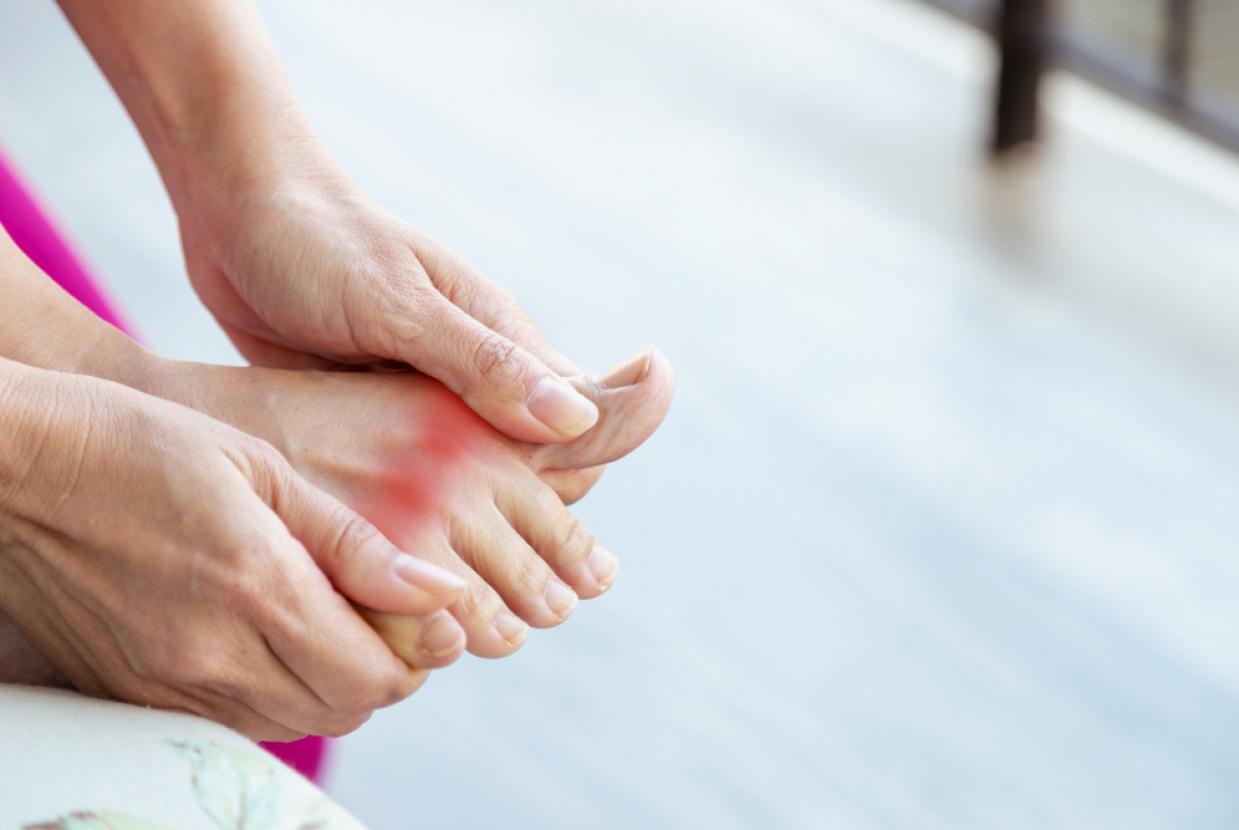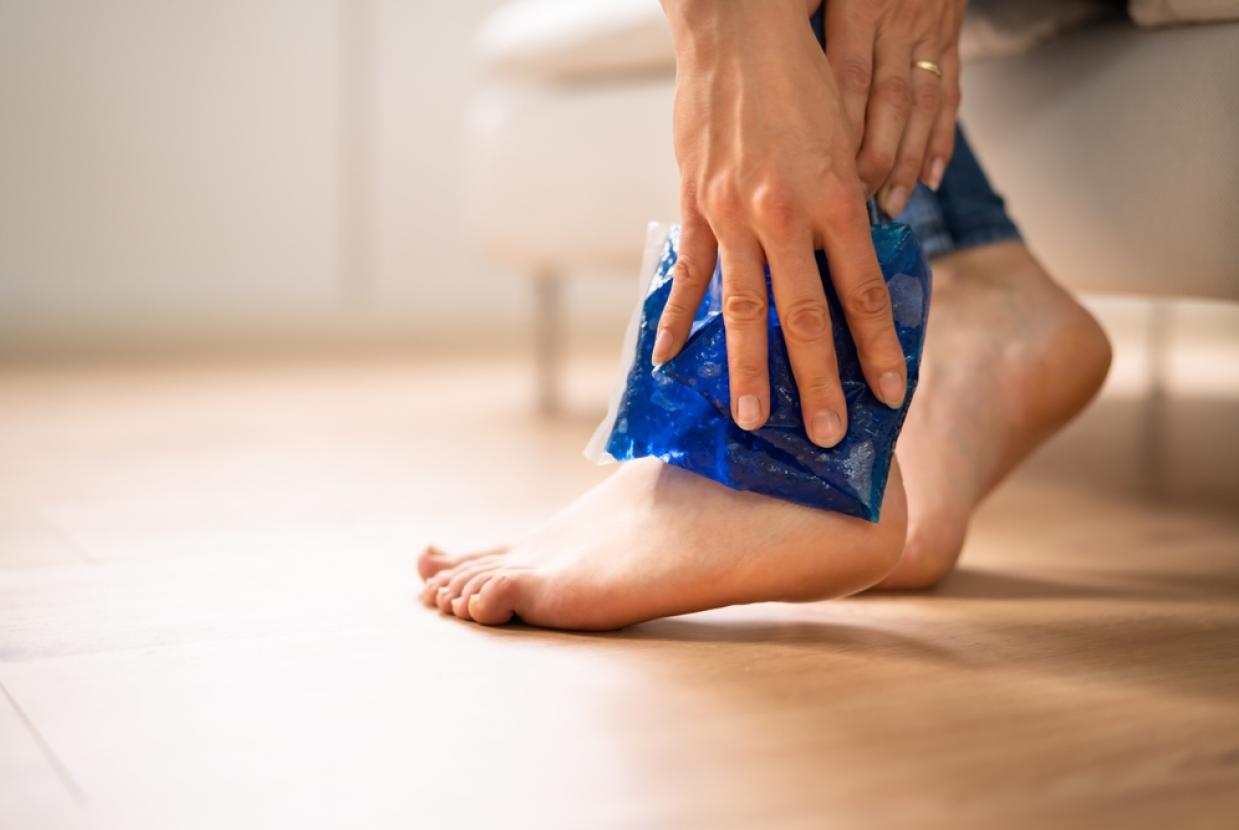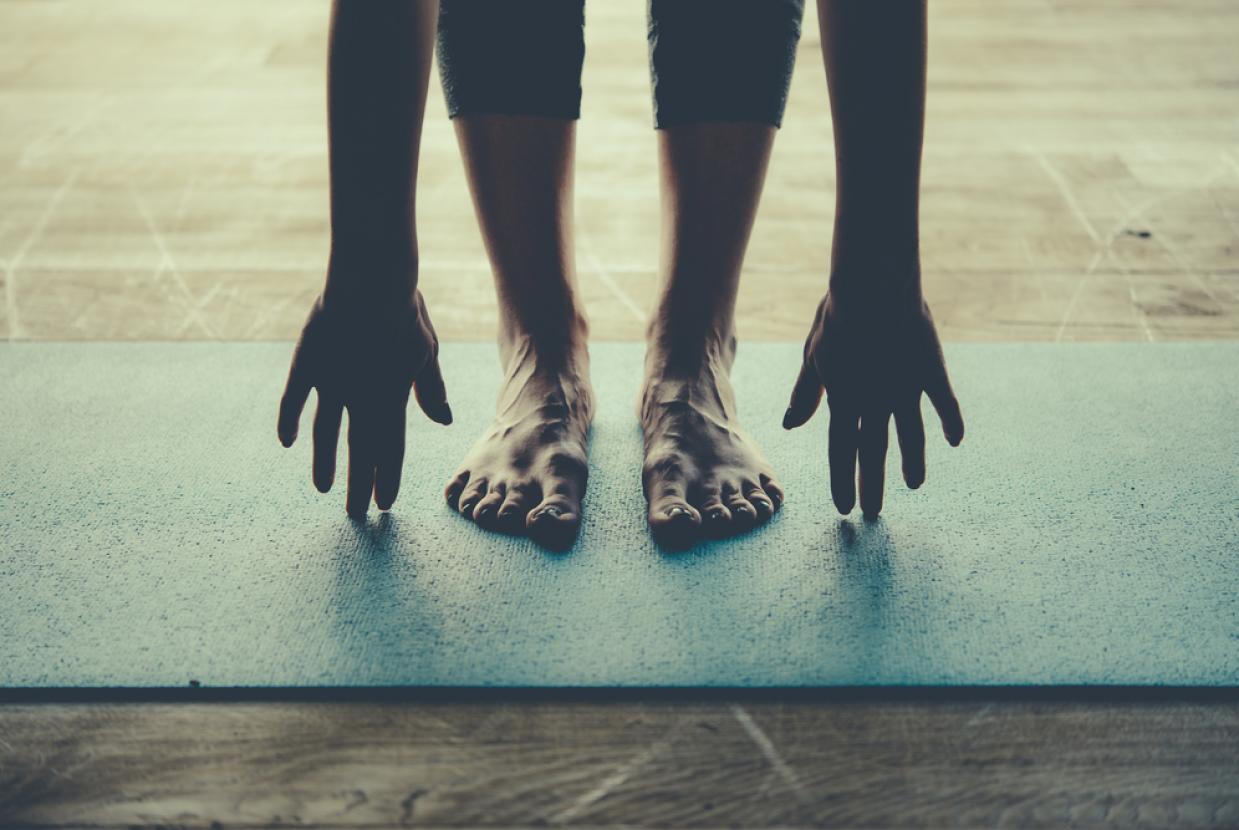Sleep & Arthritis: Tips For Dealing With Pain At Night
Arthritis/Back Pain/Joint PainIt’s hard to overstate the importance of a good night’s sleep, especially if you have arthritis. But we know that when you're dealing with pain, it isn't always easy.
Christie, 24, who has psoriatic arthritis, says she struggles to sleep because of stiff, achy joints. “Even turning over, it feels like my whole body is aching,” she says. “Every time I try to roll over it feels like I’ve got a tonne of bricks on me."
A few sleepless nights are usually not much to worry about. But if you’ve been struggling to sleep for a while, it’s worth chatting to your healthcare team. They can help you get to the root of your sleep problems and offer some practical advice.
There are also steps you can take to help yourself sleep better. Here are a few tips to get you started.
Dealing with painful joints at night
If pain is to blame for your restless nights, try to avoid doing activities in the evening that might trigger a flare-up, if you can.
If you’re unsure what your triggers are, you could try logging your flares in a pain diary and starting from there. There are also many small steps you can take to help manage your pain. For instance, many people with arthritis tell us that applying heat helps their joints.
Why not try soaking in a warm bath or applying a hot water bottle to try and ease any achy joints before bed?
Some people, like Christie, also find it useful to schedule when they take their medication. So, for instance, you might want to try taking it an hour before you want to sleep.
“I usually take a pain killer before going to sleep and that will usually help throughout the night,” says Christie.
Although she still struggles to sleep from time to time, Brenda, 63, who has osteoarthritis, says that medication and meditation help her deal with pain at night.
“I spent a long time working out my pain medication. I meditate a lot at night too, so... I do sleep fairly well,” she says. “It still hurts to turn over in the night, but I feel fortunate to be able to sleep through most of it.”
Remember that, besides pain, there are other reasons that you might be struggling to sleep. If you’re feeling stressed or low, racing thoughts can keep you awake. Or, sometimes, certain medications can affect your sleep. For that reason, it’s worth mentioning sleeping problems to your doctor, so you can find the root cause.
Tips for sleeping better with arthritis
Your bedroom and your sleeping habits also play a role in how well you sleep. This is sometimes called ‘sleep hygiene’. Here are a few tips to help you improve your sleep hygiene:
Keep a sleep diary
If you’re unsure what’s keeping you up at night, keeping a diary might help you spot some helpful patterns. If you don’t know where to start, you might want to jot down:
- The time you went to bed and when you woke up.
- Whether you got to sleep easily or not.
- If anything disturbed your sleep (for example, pain, fatigue or negative thoughts).
- What you got up to during the day.
- What you ate or drank in the afternoon or evening.
Make your bedroom calm and comfortable
Lots of people prefer dark, quiet and cool environments for sleeping. But everyone is different, so see what works for you.
If your mattress is old or uncomfortable, you might also want to consider replacing it too. A new supportive mattress and pillows might put less strain on your joints.
Create a routine
A routine can do wonders for your sleeping pattern. So, try to go to bed and wake up around the same time every day, even if you had an unsettled night.
Then, when you wake in the morning, try to get out into natural sunlight early. This will help reset your body clock, so you feel more alert in the morning and tired at night.
Consider your sleeping position
When you curl under the covers, you probably settle into your favourite sleeping position without giving it too much thought.
But, if you’re experiencing pain at night, it might be worth switching up your sleeping position to see if it makes things easier.
Some people who sleep on their side find it helpful to put a pillow between their legs. Or if you sleep on your back you could try putting a pillow or towel under your knees.
Exercise regularly
Squeezing in some exercise into your routine is important if you have arthritis. Not only does it keep your joints moving and your muscles strong, but it will also help you sleep better. Even if it’s just a gentle walk, it could do you the world of good.
Switch up your diet
If you’re struggling to drift to sleep, try to limit your caffeine intake, especially in the afternoon. That’s because caffeine is a stimulant, which can lead to poor sleep. Caffeinated food and drinks include:
- tea
- coffee
- fizzy drinks
- energy drinks.
You might want to avoid alcohol too. At first, alcohol might make you feel sleepy, but it can make your sleep quality worse, and leave you feeling tired when you wake up.
Take time to relax
Although it’s tempting to scroll through social media, try to switch off your devices an hour before bedtime.
Phones, laptops, and other devices can make it harder to sleep. This is because they give off a light that stimulates the brain and makes it think it's daytime. Instead, why not try a relaxing activity you enjoy, such as crafting, reading or meditation?
Manage stress and worries
If you’ve been feeling low or anxious, negative thoughts might be keeping you awake at night. One way to tackle this is to write down how you’re feeling.
Take a moment and write down what’s on your mind. You might find that putting your worries down on paper helps you sift through your feelings. You could also give relaxation techniques, like deep breathing, a go.




















